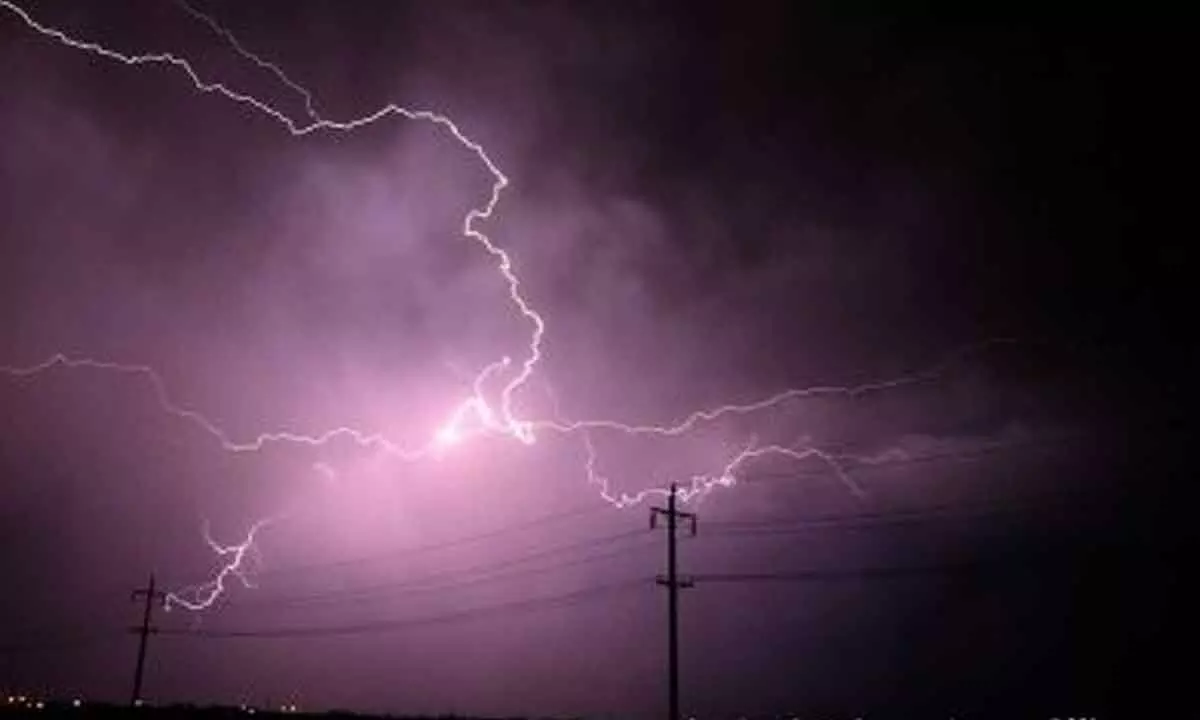What causes Earth’s strongest lightning
Superbolts make up less than 1% of total lightning, but when they do strike, they pack a powerful punch
image for illustrative purpose

Jerusalem: A team of scientists has decoded how superbolts -- Earth’s strongest lightning -- occur.
Superbolts make up less than 1 per cent of total lightning, but when they do strike, they pack a powerful punch.
According to the new study published in the Journal of Geophysical Research: Atmospheres, superbolts are more likely to strike the closer a storm cloud’s electrical charging zone is to the land or ocean’s surface.
These conditions are responsible for superbolt “hotspots” above some oceans and tall mountains.
While the average lightning strike contains around 300 million volts, superbolts are 1,000 times stronger and can cause major damage to infrastructure and ships, said the researchers.
The new study provides the first explanation for the formation and distribution of superbolts over land and sea worldwide.
“Superbolts, even though they’re only a very, very tiny percentage of all lightning, they’re a magnificent phenomenon,” said lead author Avichay Efraim, a physicist at the Hebrew University of Jerusalem in Israel.
A 2019 report found that superbolts tend to cluster over the Northeast Atlantic Ocean, the Mediterranean Sea and the Altiplano in Peru and Bolivia, which is one of the tallest plateaus on Earth.
"We wanted to know what makes these powerful superbolts more likely to form in some places as opposed to others," Efraim said.

